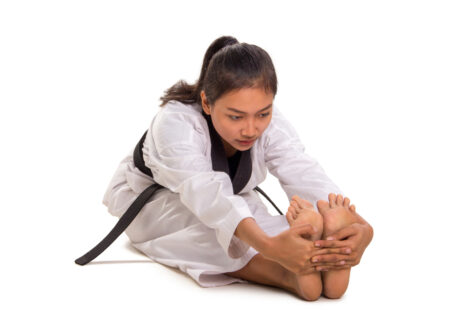If you experience shoulder pain while playing pickleball, taking immediate action is essential to prevent further injury and promote healing.
Here are some steps you can take if your shoulder hurts during or after playing pickleball…
- Stop Playing: If you feel shoulder pain while playing pickleball, stop the activity immediately. Continuing to play through the pain can worsen the injury.
- Rest and Ice: Apply ice to the affected shoulder for about 15-20 minutes every 2-3 hours during the first 48 hours after the onset of pain. Rest the shoulder and avoid activities that aggravate the pain.
- Avoid Overhead Movements: Refrain from activities involving overhead movements, such as serving or overhead shots in pickleball, as they can strain the injured shoulder.
- Use Pain Medication: Over-the-counter pain medications, such as acetaminophen or nonsteroidal anti-inflammatory drugs (NSAIDs), may help manage pain and reduce inflammation. Always follow the recommended dosage and consult a healthcare provider if you have any medical conditions or are taking other medications.
- Apply Heat (After 48 Hours): After the initial 48 hours, you can switch to applying heat to the shoulder to promote blood flow and relaxation of the muscles. Use a warm compress or take a warm shower.
- Avoid Activities that Aggravate Pain: Avoid any activities or movements that cause or worsen shoulder pain until the pain subsides and you receive a proper evaluation from a healthcare professional.
- Consult with a Healthcare Professional: If the pain persists or is severe, seeking medical attention is essential. A healthcare provider, such as an orthopedic doctor or physical therapist, can evaluate your shoulder, diagnose the underlying issue, and recommend appropriate treatment.
- Physical Therapy: If the shoulder pain is related to an injury or overuse, a physical therapist can help design a tailored rehabilitation program to address the specific issues, strengthen the shoulder muscles, and improve the range of motion.
- Modify Your Playing Technique: If your shoulder pain results from poor playing technique, work with a coach or experienced player to improve your form and reduce stress on the shoulder.
- Gradual Return to Play: Once your shoulder has healed and you have received clearance from a healthcare professional, gradually return to playing pickleball. Start with light play and monitor your shoulder for any signs of discomfort.
Remember, it’s crucial not to ignore shoulder pain while playing pickleball. Ignoring the pain and continuing to play can lead to further injury and longer recovery times. Seeking early evaluation and appropriate treatment can help you recover faster and get back to enjoying the game safely.



